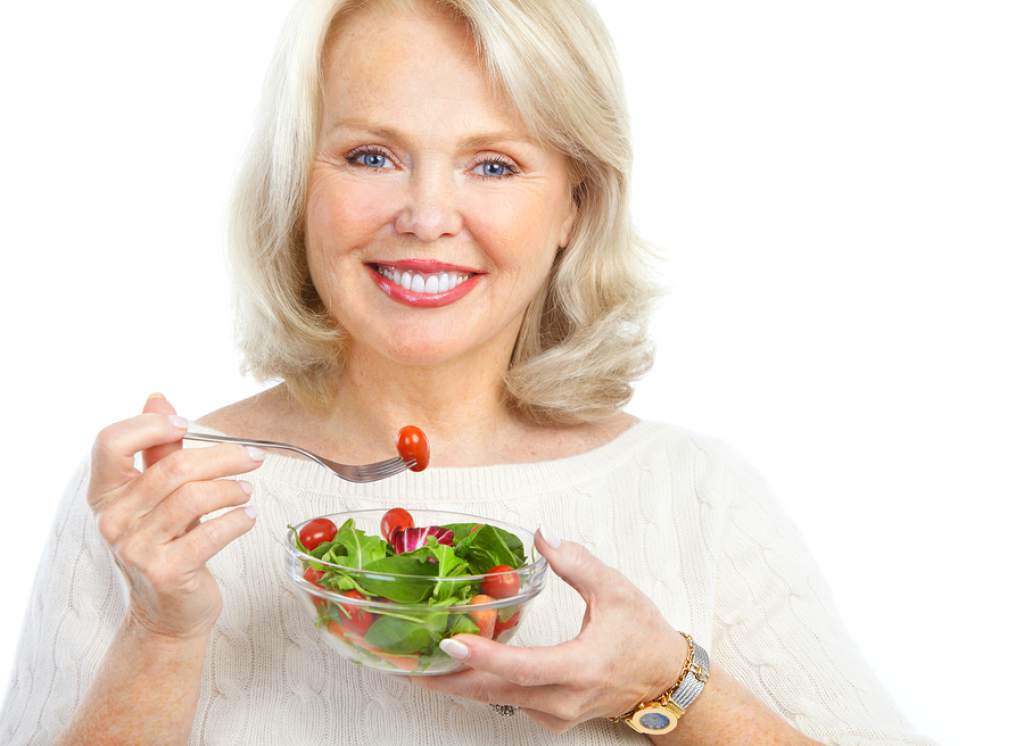Are you really taking care of yourself? We often think we are, but then we read an article and ask ourselves “why do I do the opposite” ? why don´t I feel like that at my age?
Well here are a few tips and guide lines that are for the “little bit older readers”
Age is all in your mind, but sometimes you can feel older than you really are if you don´t take into account a few points I have set out here
Your heart
A healthy lifestyle is important at any age. But your choices can make an even bigger difference after you turn 50. At that point, your heart may not handle physical activity and stress as well as it used to. It also may need a little more TLC. A few key decisions can give your heart that extra attention and lower your odds of a heart attack, heart disease, or stroke.
Certain foods have nutritional superpowers when it comes to your heart. These include fruits like berries and oranges; lean fish like salmon and mackerel; veggies like spinach, carrots, and tomatoes; nuts and seeds; oats; and beans. Work more of these into your diet, and your heart will be better for it.
Your body needs sodium, but as little as 500 milligrams per day is enough. You should have no more than 1,500 per day because too much sodium — which mostly comes from salt — can lead to high blood pressure and raise your chances of having a stroke or heart disease. One good way to control how much you’re getting is to check the labels on packaged foods.
Taking care of your heart means taking care of issues that can cause problems for it. Those include diabetes, high blood pressure, high cholesterol, and sleep disorders like sleep apnea. Follow your doctor’s treatment plans, and take any medication exactly as prescribed.
Replace Saturated Fats
They can raise your cholesterol and can cause fatty build-up around your arteries. Too much saturated fat can also make them harder and narrower. (Your doctor may call that atherosclerosis.) But a few small substitutions can make a big difference. For example, go with liquid vegetable oils over tropical oils, low-fat dairy products over the full-fat variety, and poultry or beans instead of red meat.
Get Moving
Regular exercise can help slow your heart rate, lower your blood pressure, and help oxygen move through your body. As little as 30 minutes of activity a day can make a big difference.
Things like gardening or taking a brisk walk are good, easy options. You don’t even have to do the entire 30 minutes at once. Three activities of 10 minutes each work just as well.
A daily walk can do wonders for your circulation, health in general and your wellbeing. Read more about walking
Drink in moderation
Too much alcohol can lead to fatty build-up in your arteries. That can raise your odds of a heart attack or stroke. It also can lead to high blood pressure and other heart-related problems.
It’s best for most of us to stop at one drink a day for women or two drinks a day for men. (A “drink” is 12 ounces of beer, 5 ounces of wine, or 1.5 ounces of liquor.)
But, depending on your health, even that much could cause problems. Talk with your doctor about what’s right for you. If you have high blood pressure then think about finding an alterantive.
Ease Stress
Stress can be hard on your heart because it can contribute to high blood pressure. It can also affect your mental health and lead to bad habits like overeating, drinking too much, and being less active. To stay on an even keel, you could:
- Plan ahead and organize your day so you don’t have to rush.
- Go easy on yourself when something doesn’t go as planned.
- Enjoy a good laugh when possible, even by yourself.
- Reach out to a friend or family when you need a boost.
Get Enough Sleep – Sleep Well
If you don’t get enough shut-eye, your heart doesn’t get the rest it needs and your blood pressure could stay higher than it should. Get good sleep by following a bedtime routine, staying away from late-night snacks and caffeinated drinks in the evening, and getting off your devices for a while before bed. Learn more about sleep



